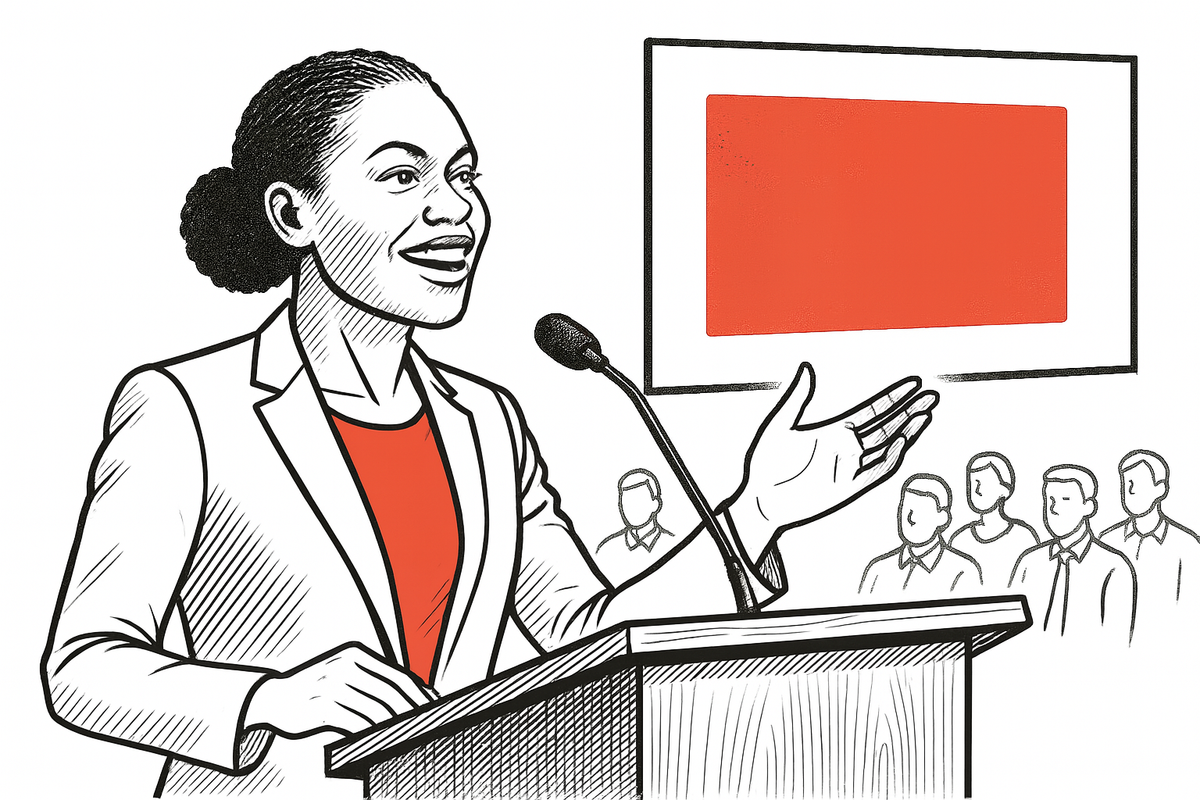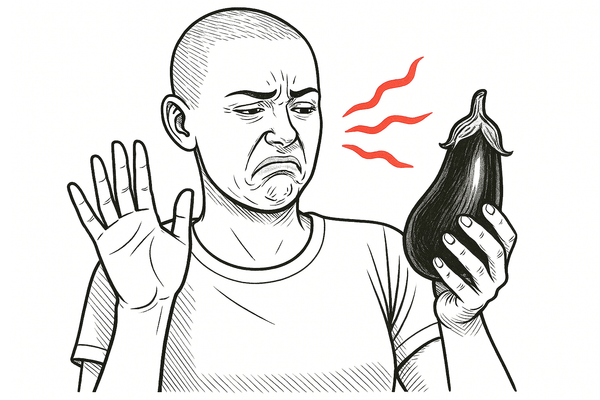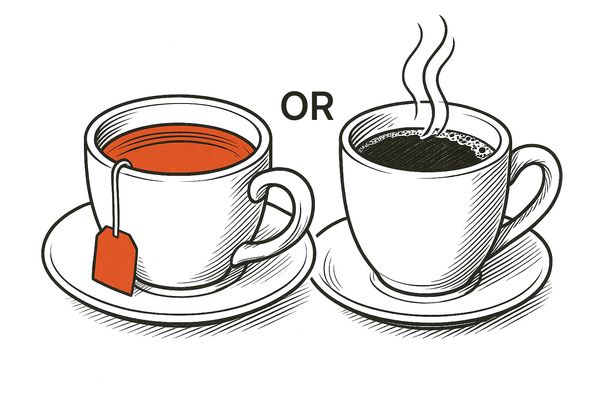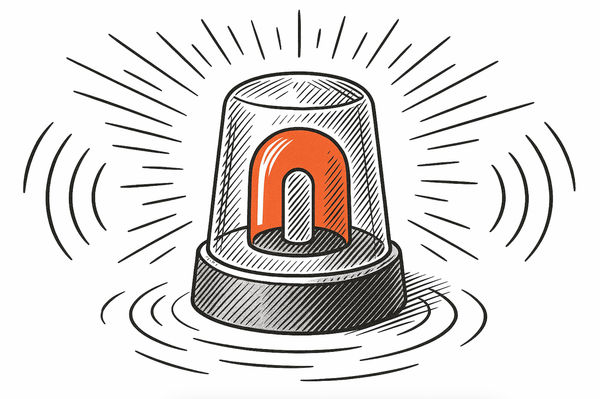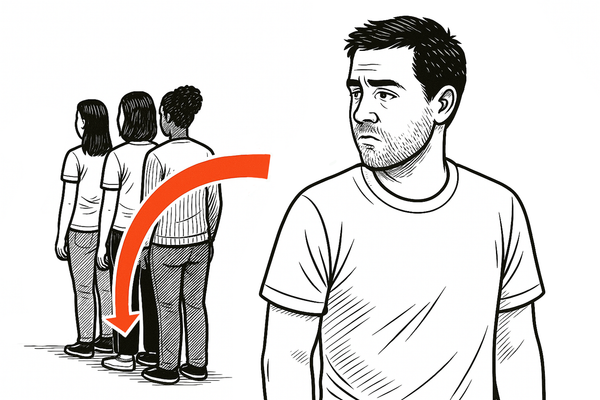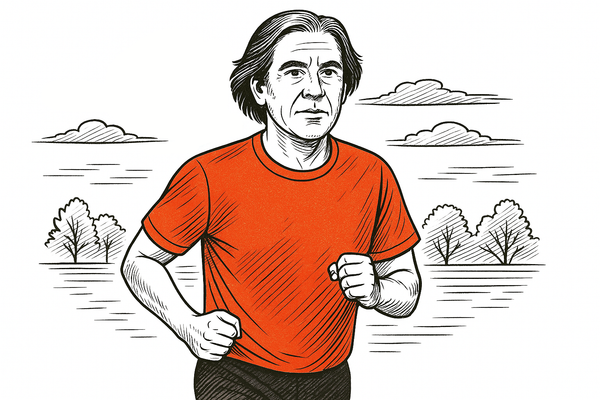People act when they believe they can do it.
If the task feels out of reach, they freeze.
If it feels too easy, they speed-run into sloppy mistakes.


What to do
What you’ll notice
- “I’m not ready” or “Let me practise first.”
- Tasks half-done, then abandoned
- Over-reliance on help desks or peers
Why it happens
Low belief in ability triggers avoidance and endless prep work instead of action.
Select a strategy to reveal tactics:
What you’ll notice
- “Got it, easy.” followed by critical errors
- Skipped training modules
- Blame shifts to the system when things go wrong
Why it happens
Inflated confidence hides unseen complexity and risks.
Select a strategy to reveal tactics:
Why it matters
Confidence shapes what people do, and what they avoid.
If someone believes they can do something, they’re more likely to try.
They put in more effort.
They stick with it longer.
They bounce back faster when things go wrong.
But if they doubt themselves?
They hesitate.
They delay.
They give up early or never start at all.
Psychologist Albert Bandura showed that belief in your ability (called self-efficacy) predicts how motivated and persistent you are.
Confidence doesn’t mean thinking you’ll get it right first time.
It means trusting that you can figure it out.
And that makes all the difference.
But too much confidence is risky too.
It makes people rush.
They skip checks.
They overlook blind spots.
That’s when mistakes happen.
The sweet spot?
Just enough confidence to start and enough care to slow down where it matters.
The science bit
Self-Efficacy & Performance
In a study of 21,000+ people, higher self-efficacy links to better results. The sweet spot? Confident enough to try, not too confident to coast.
→ Confidence works, just not blindly.
When Confidence Backfires
Javier Horcajo's work shows that overconfidence can lower effort, especially on hard tasks. People expect success and under-prepare.
→ Overconfidence = low effort, poor prep.
Goal Setting Theory
Confidence fuels commitment, but only when paired with the right challenge. Goals need to feel hard, but doable.
→ Confidence + stretch = progress.
Self-Efficacy: The Exercise of Control
Bandura’s core framework: confidence is built through experience, role models, encouragement, and how we feel. It powers action, effort, and resilience.
→ No confidence, no action. Build belief first.

